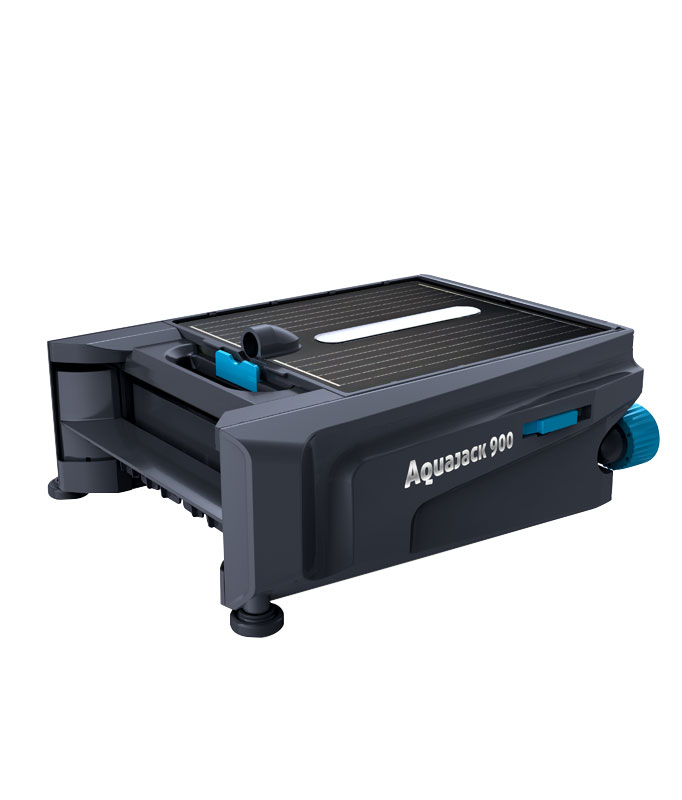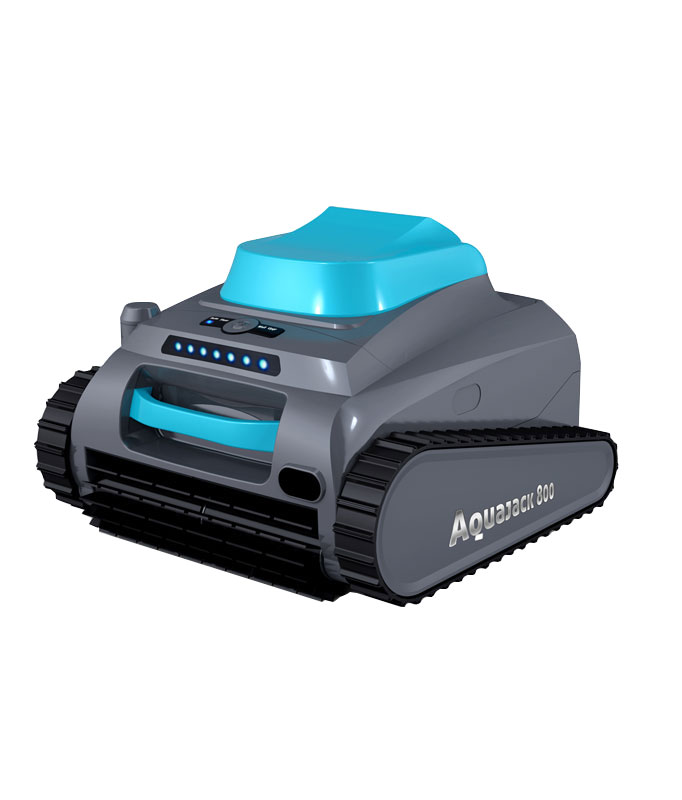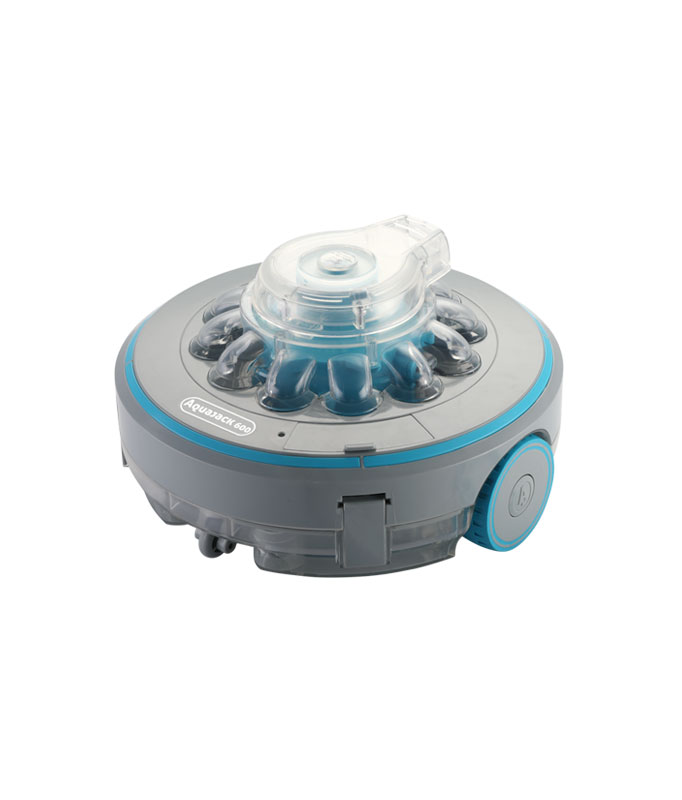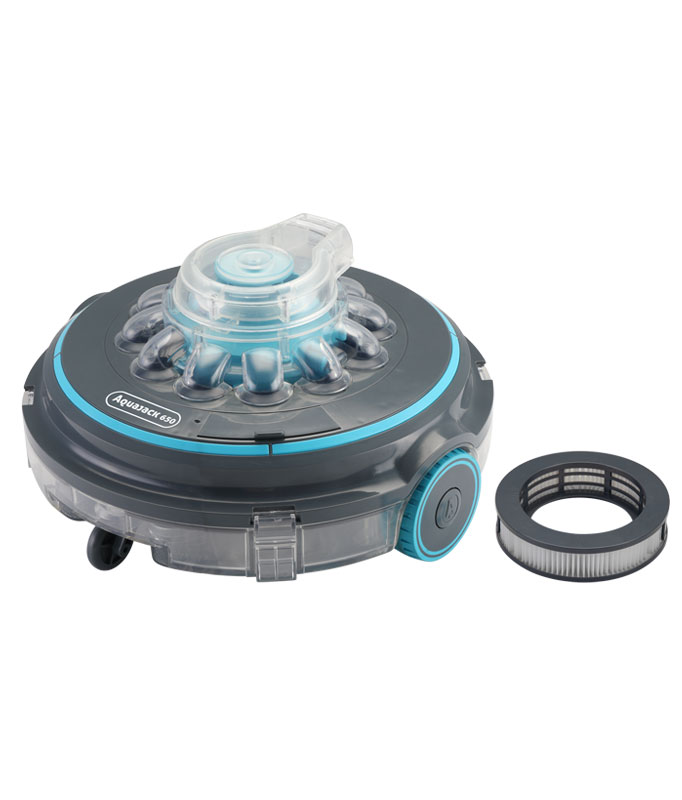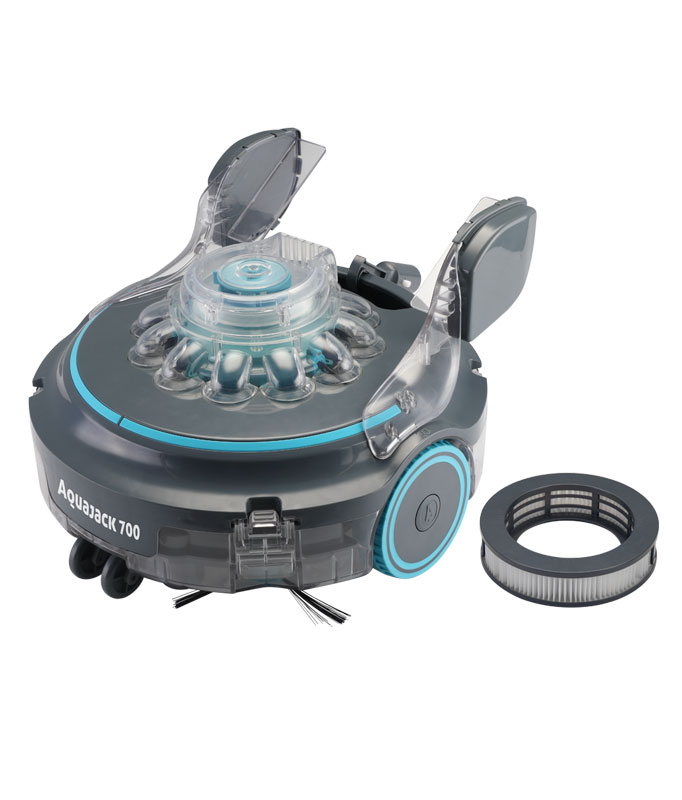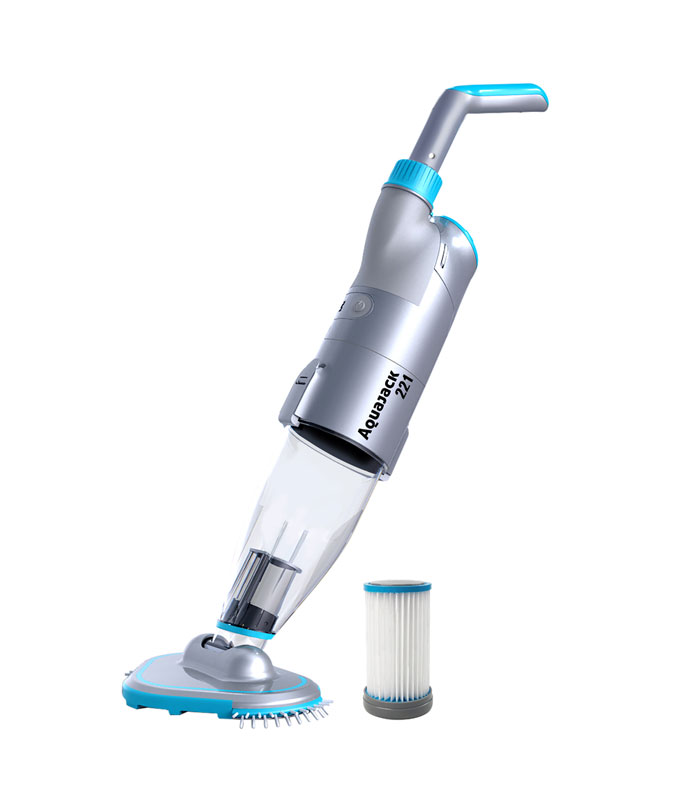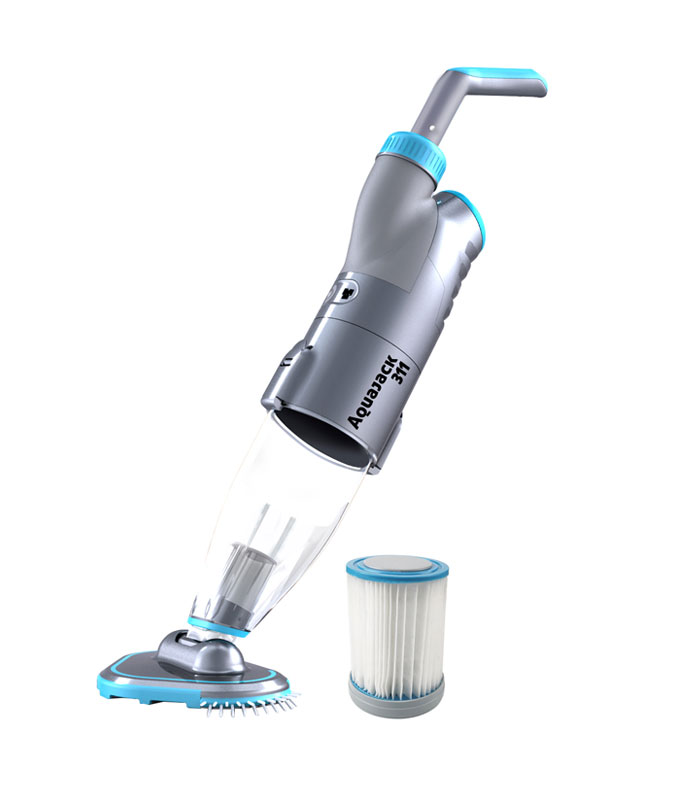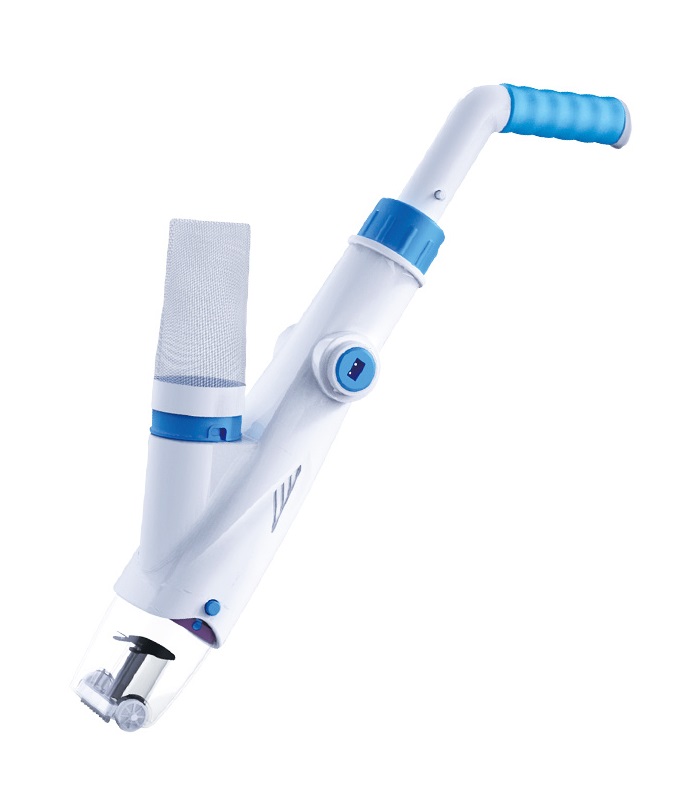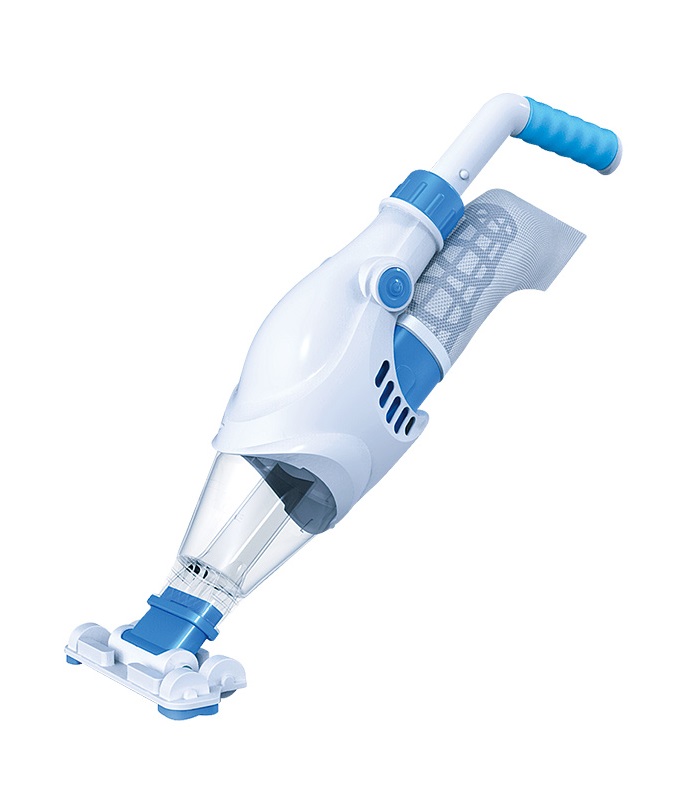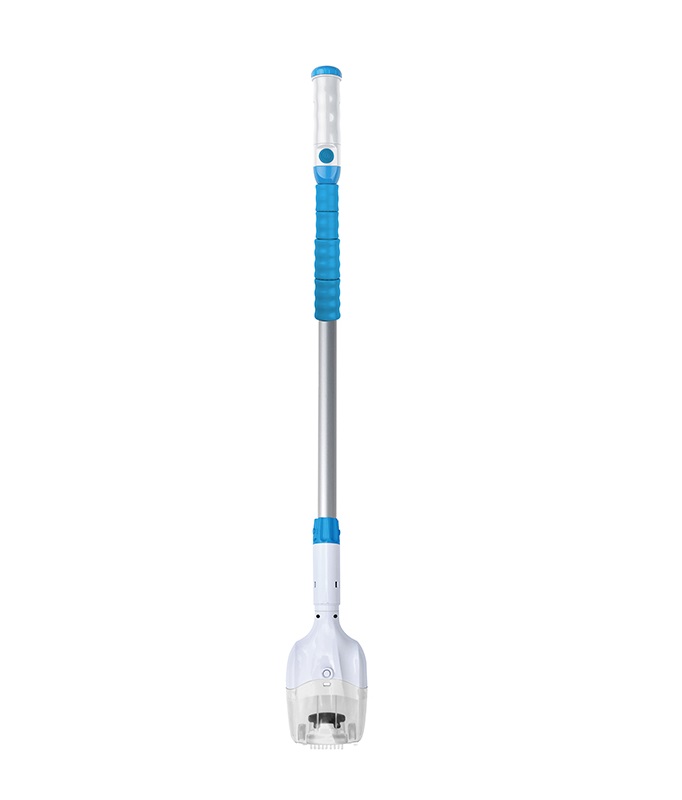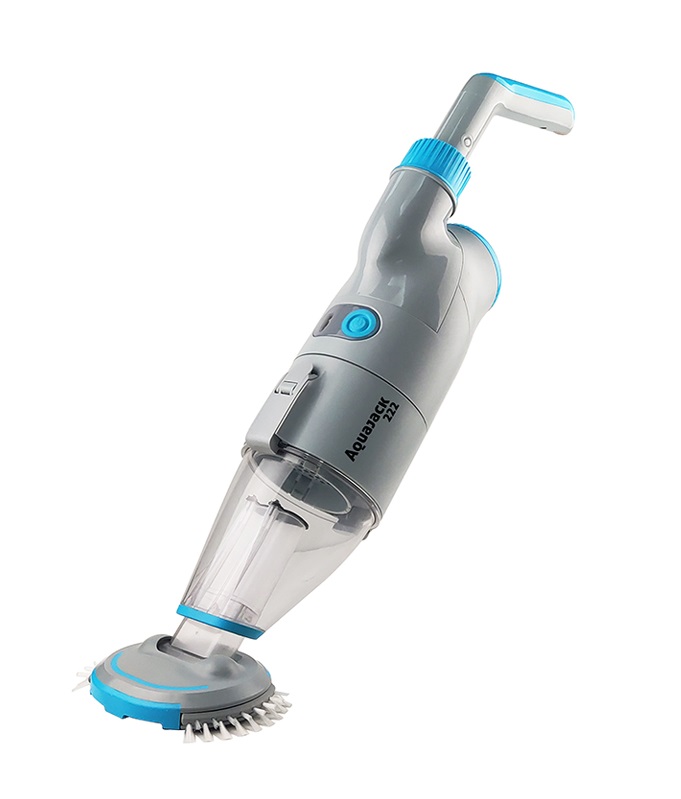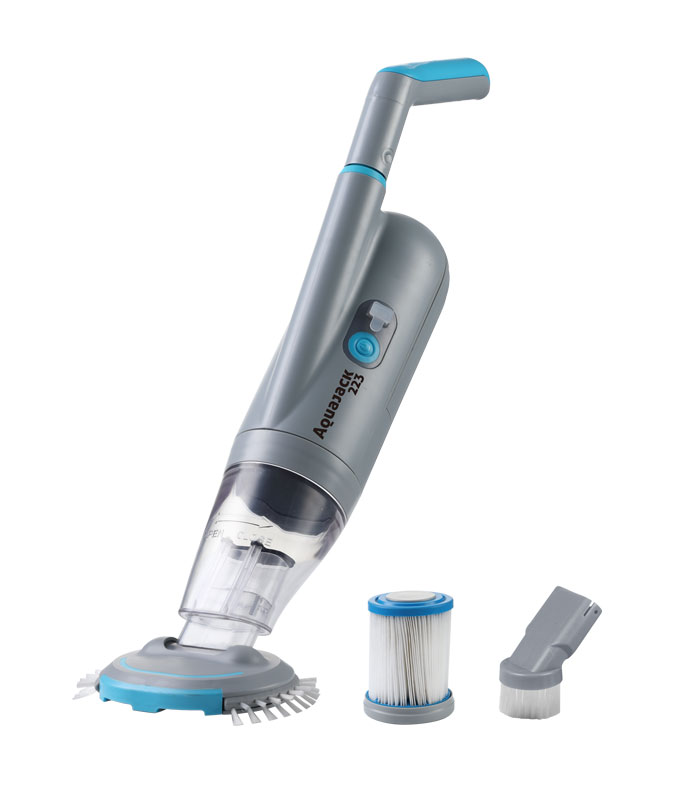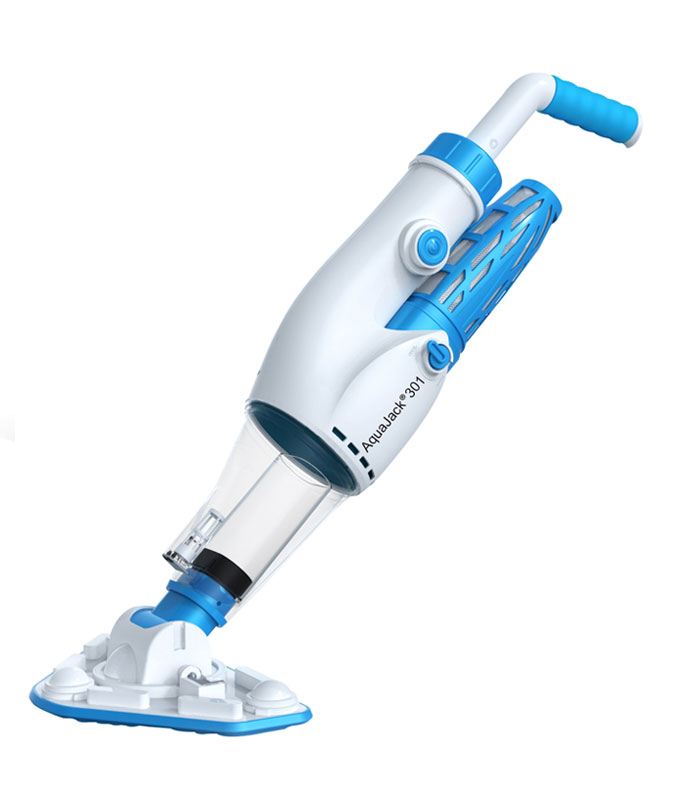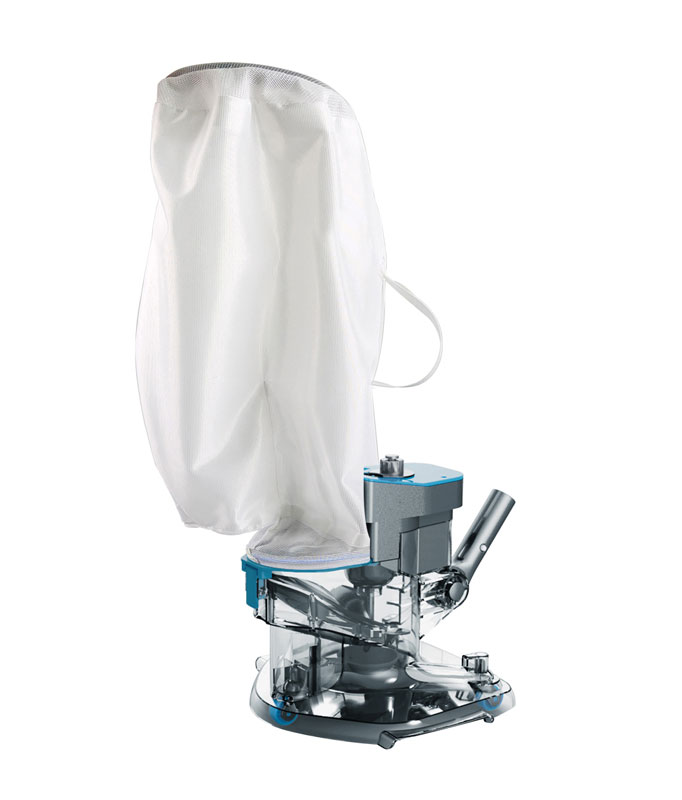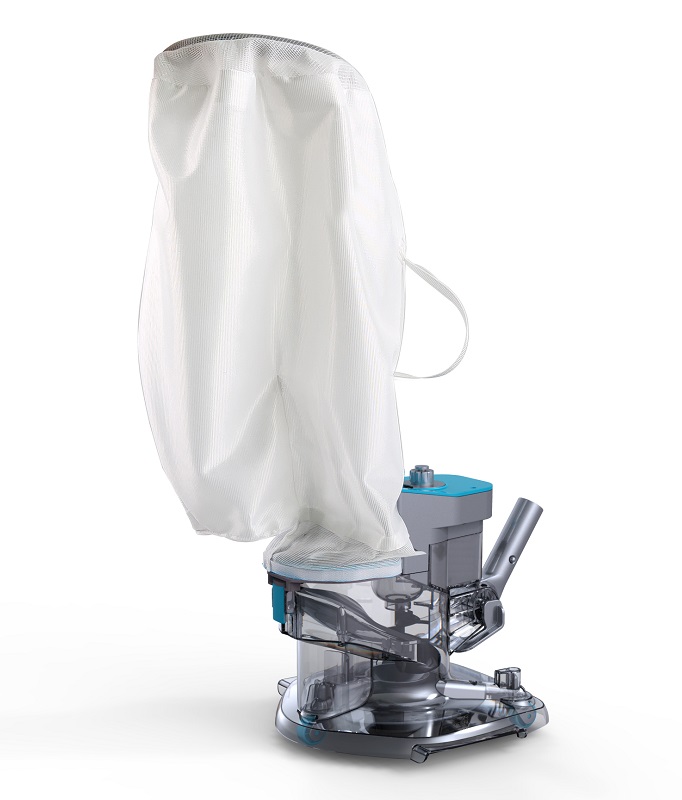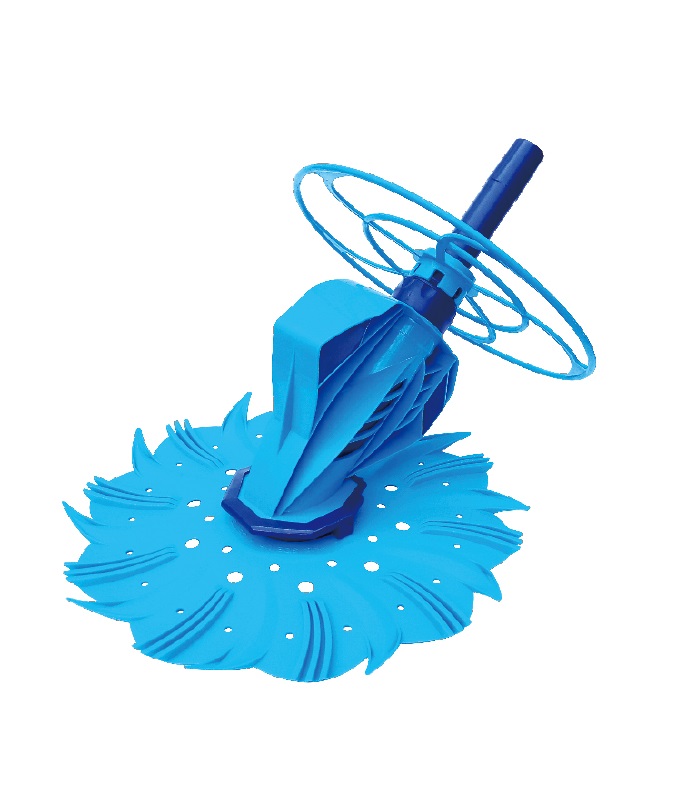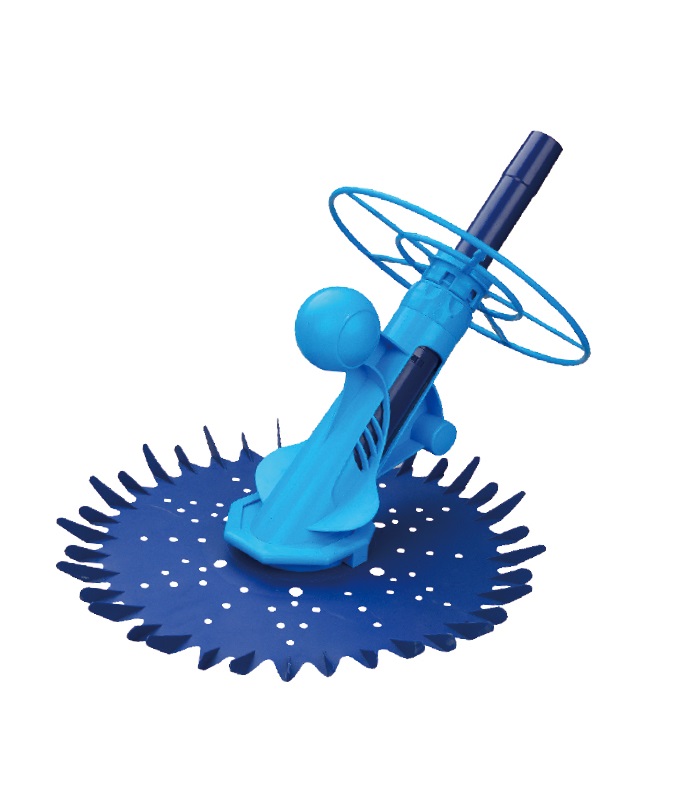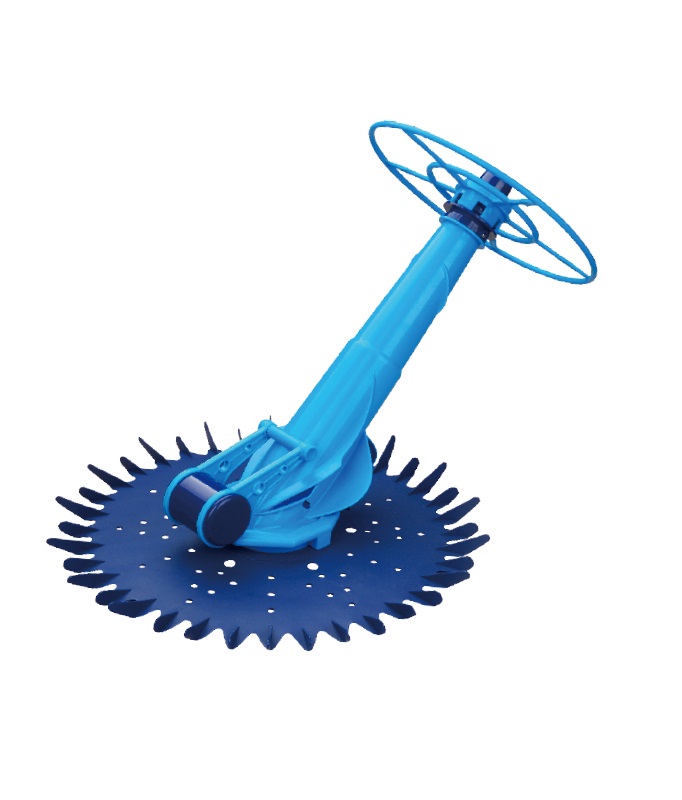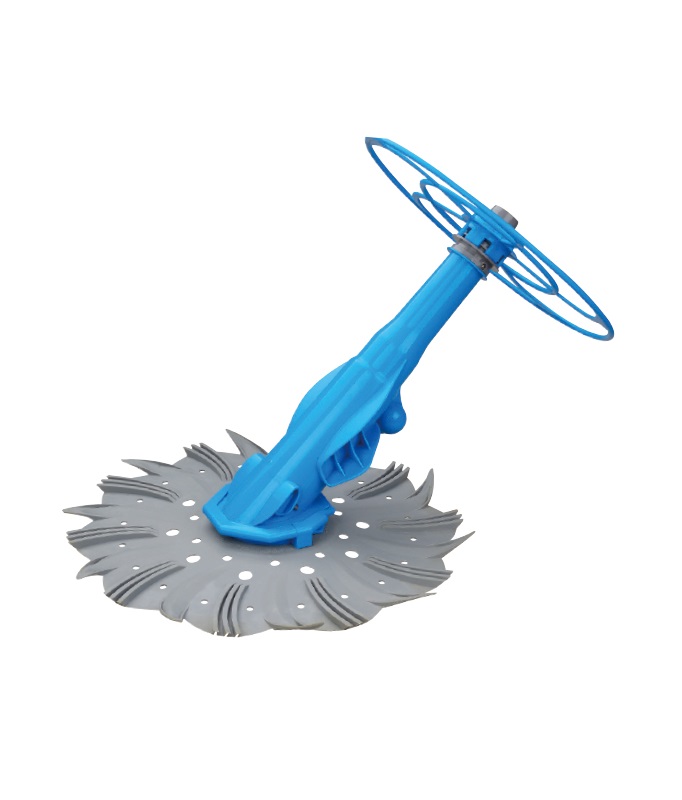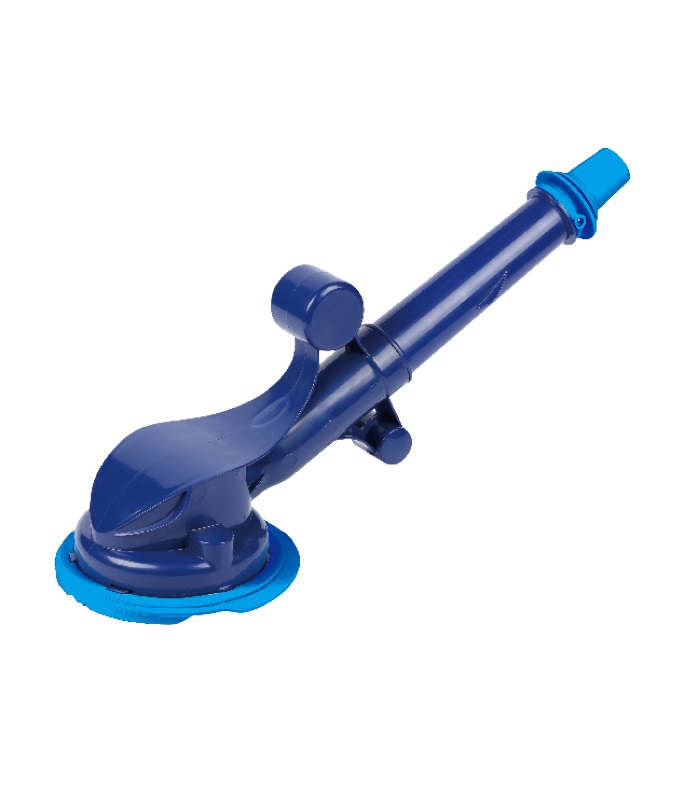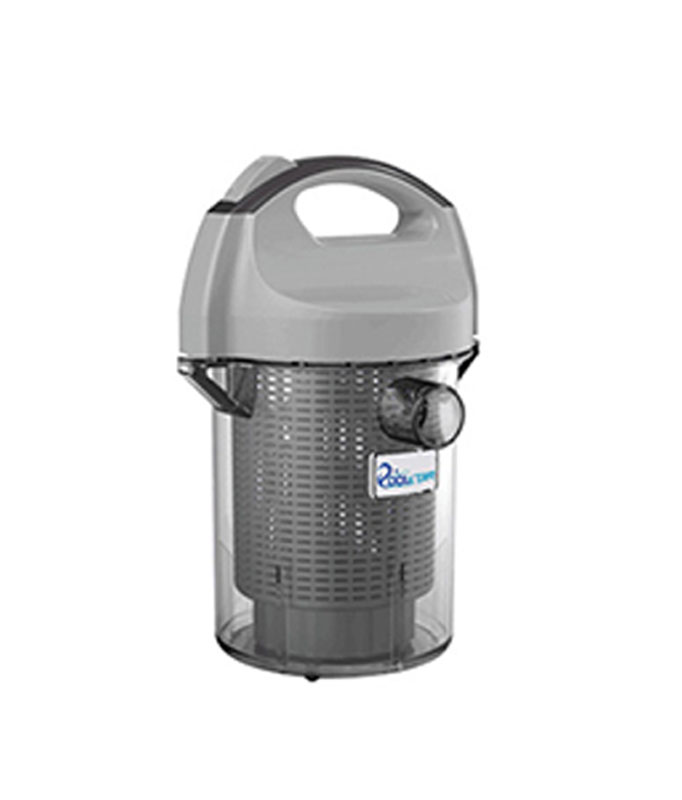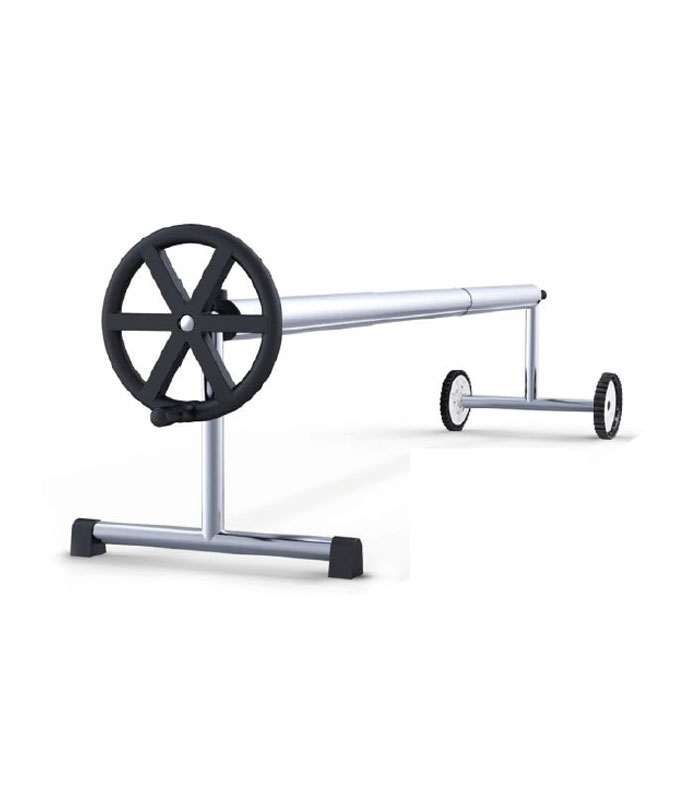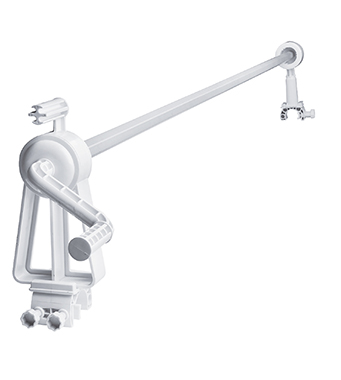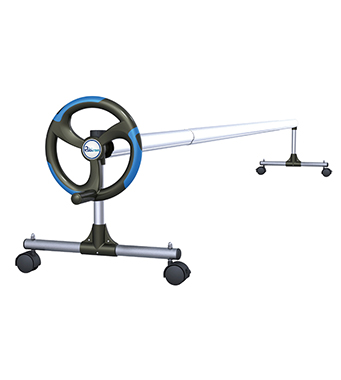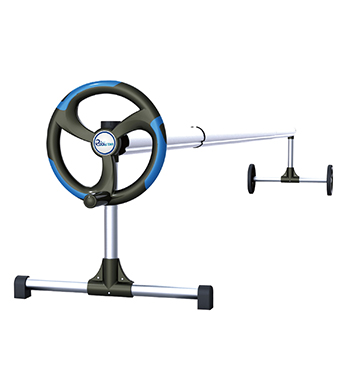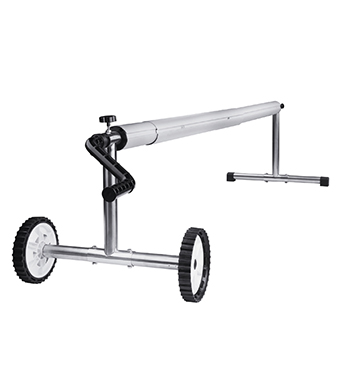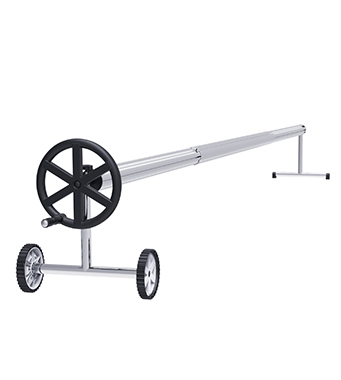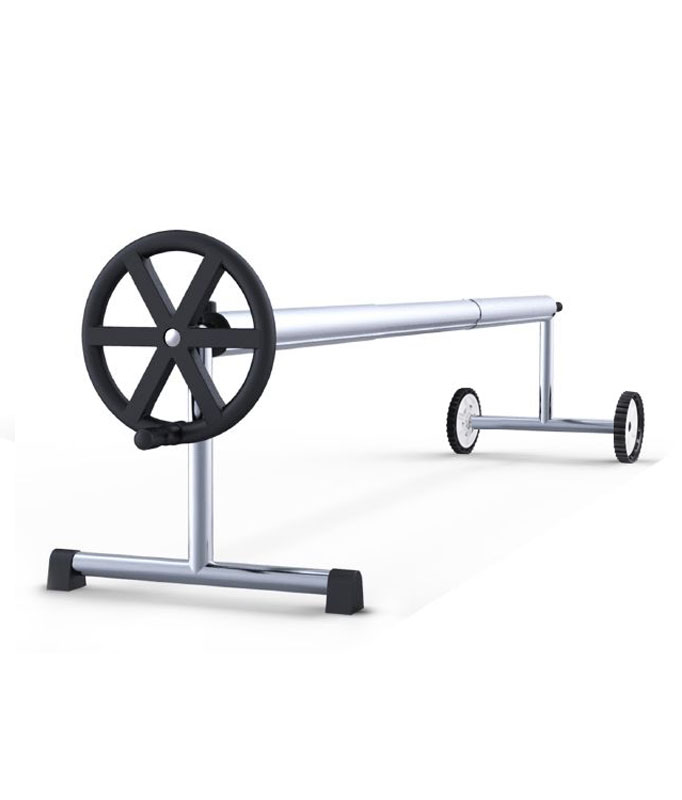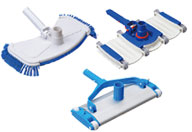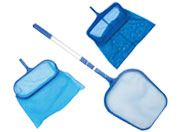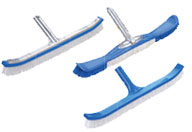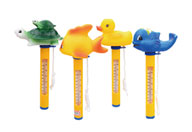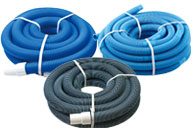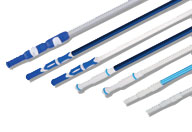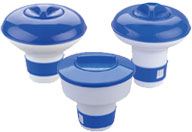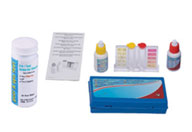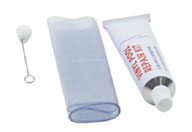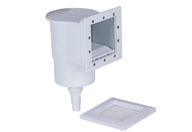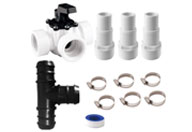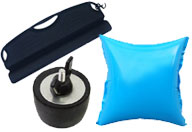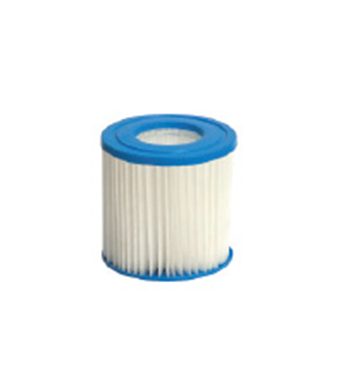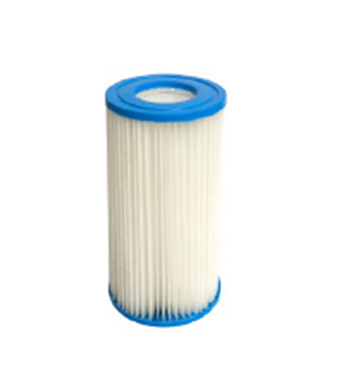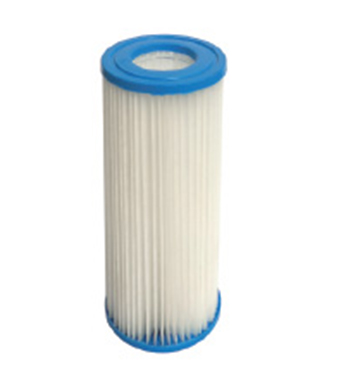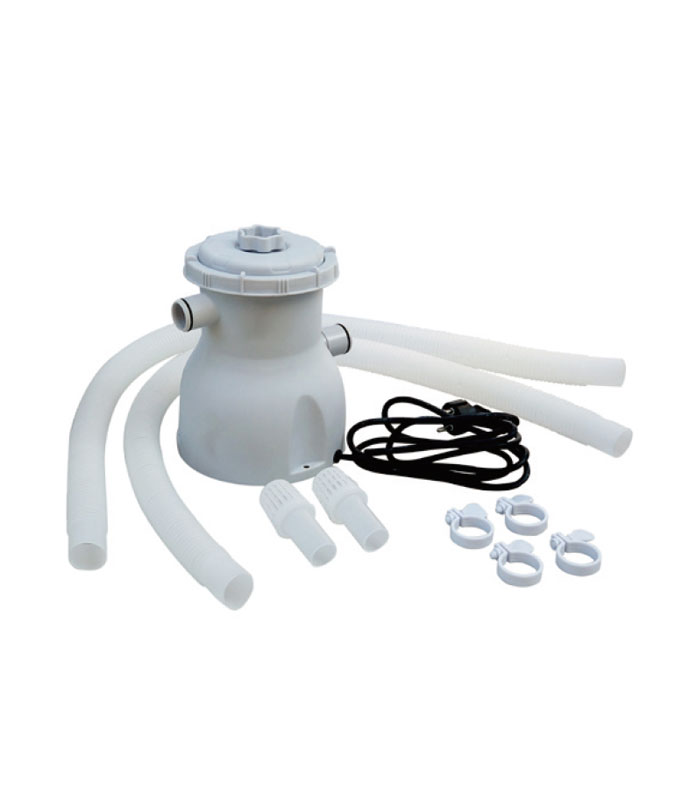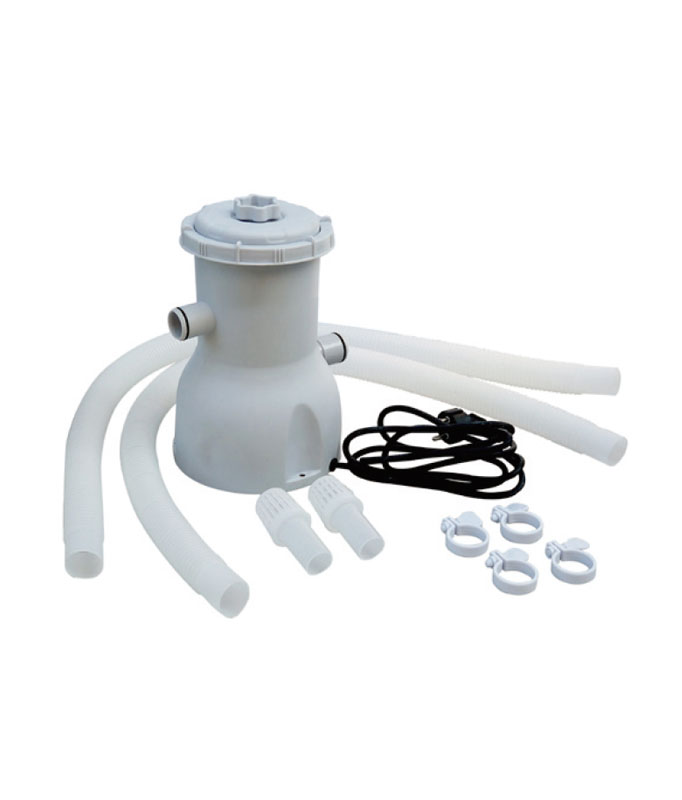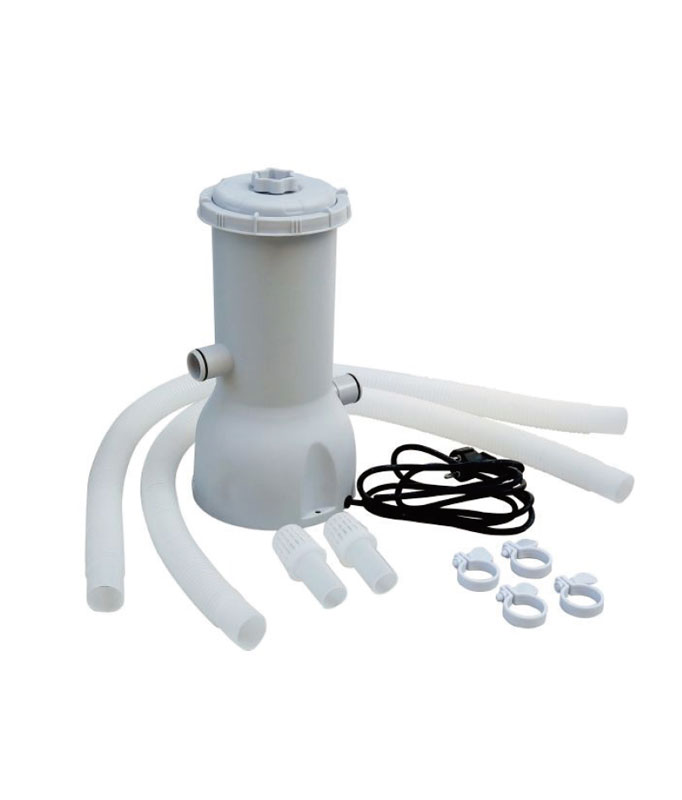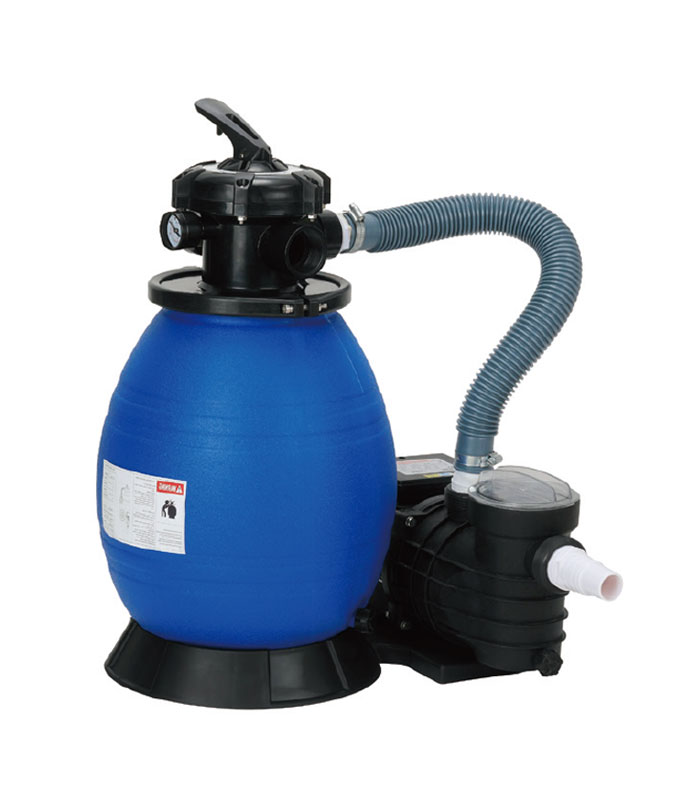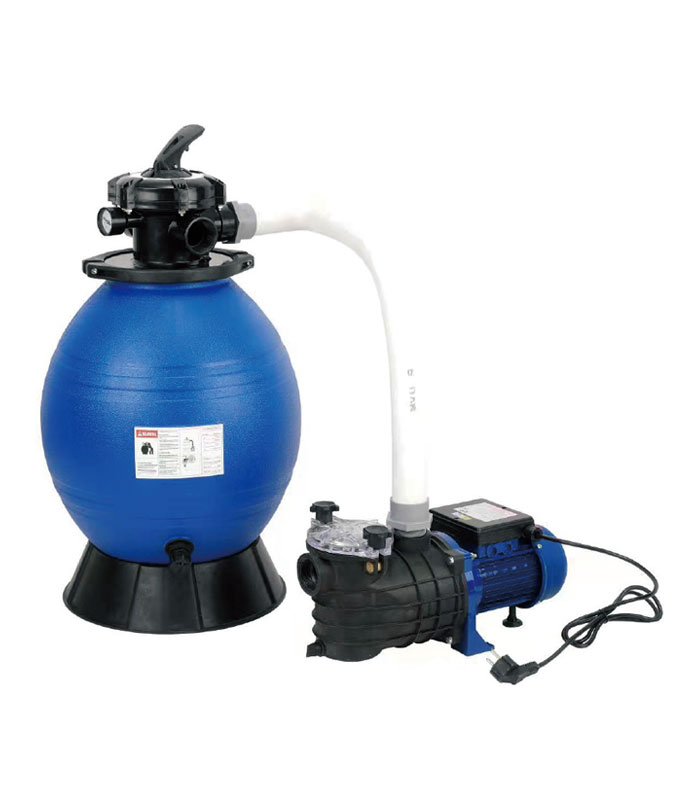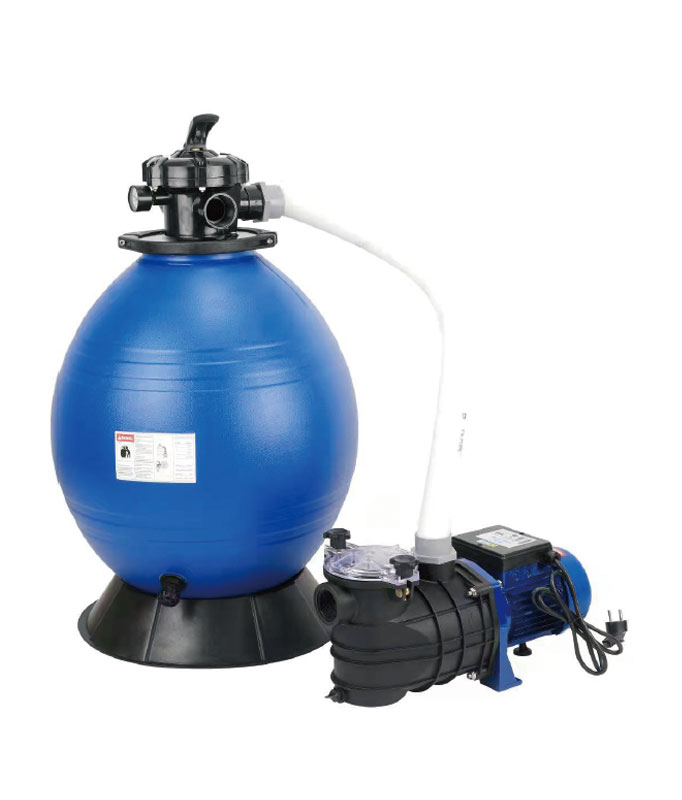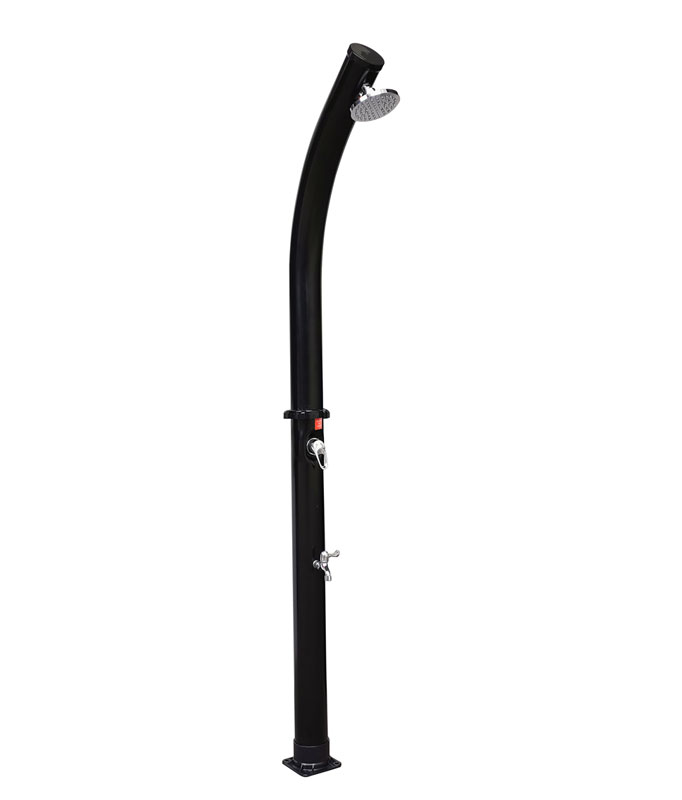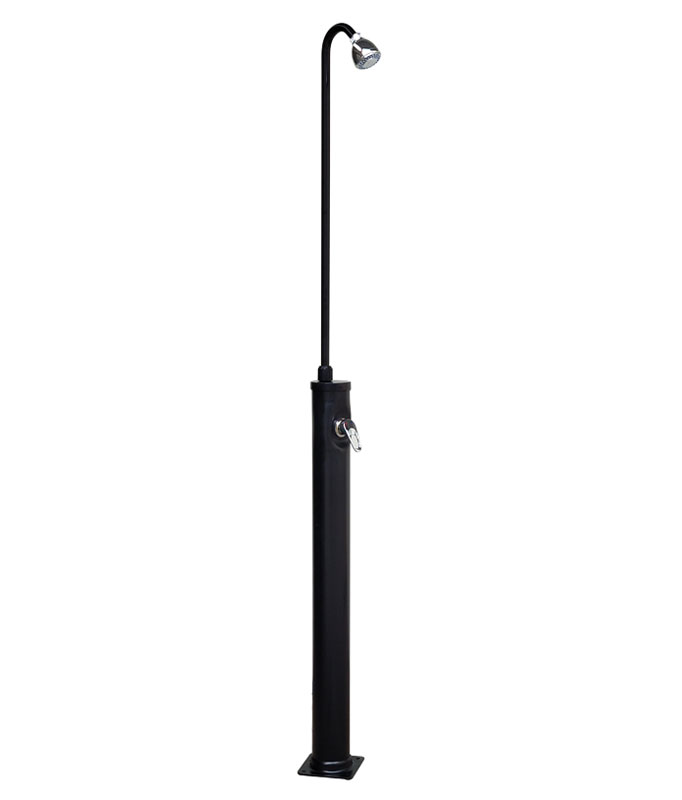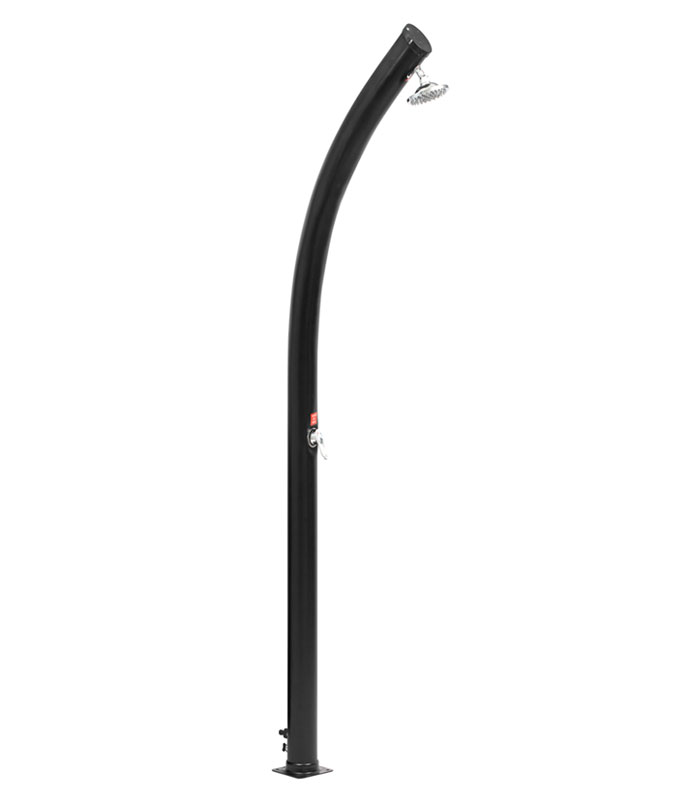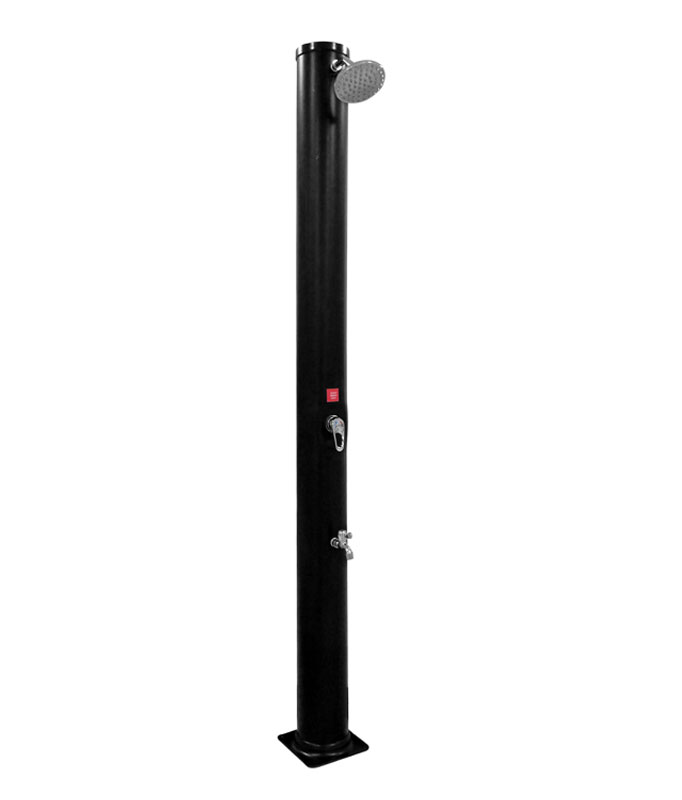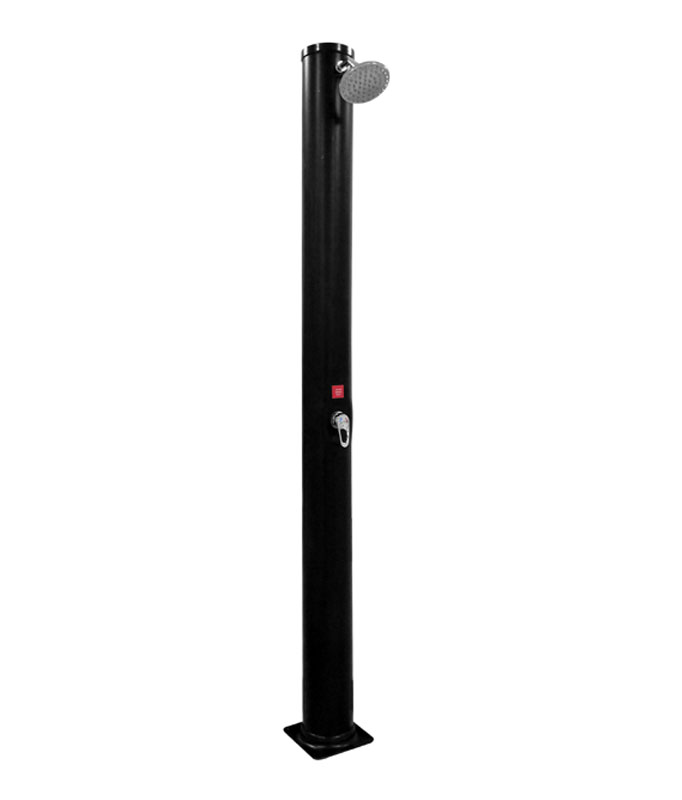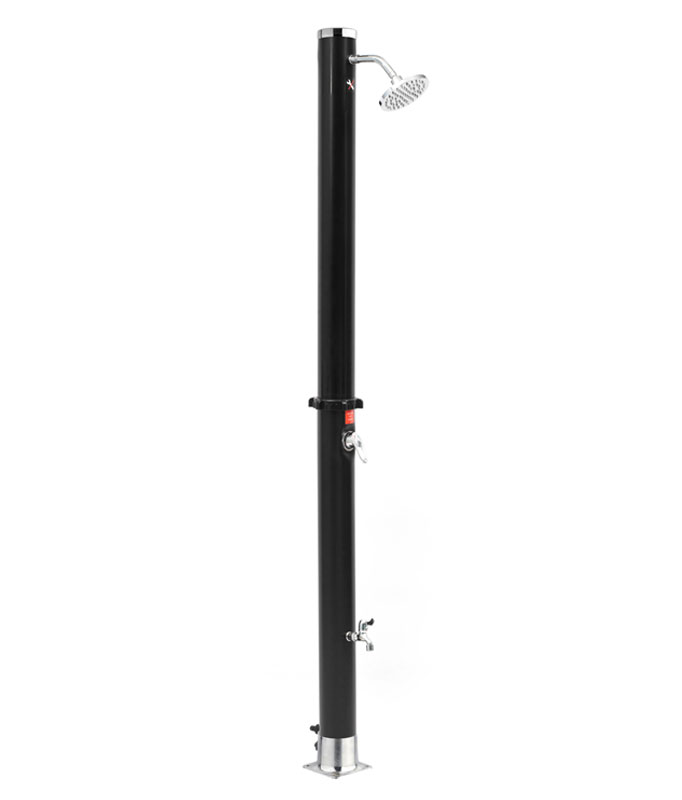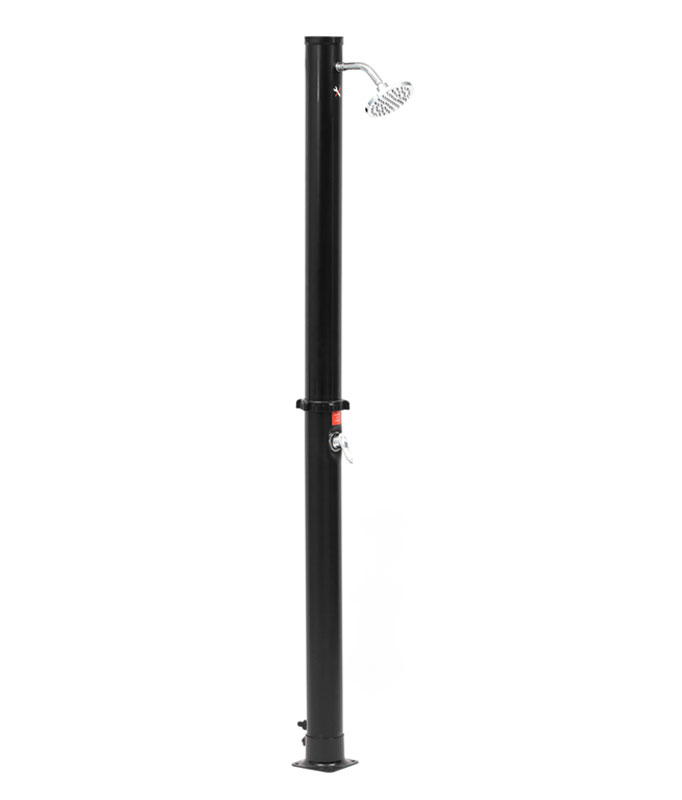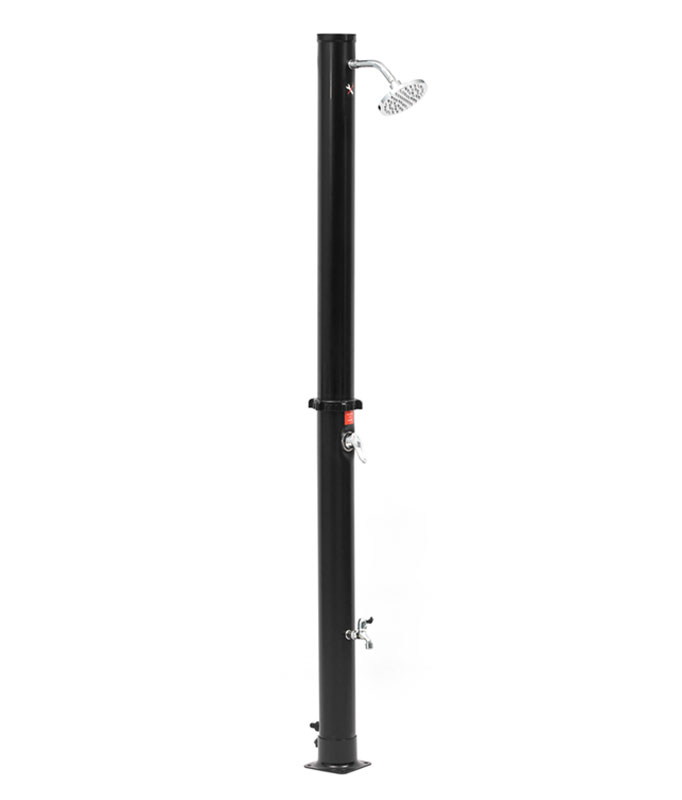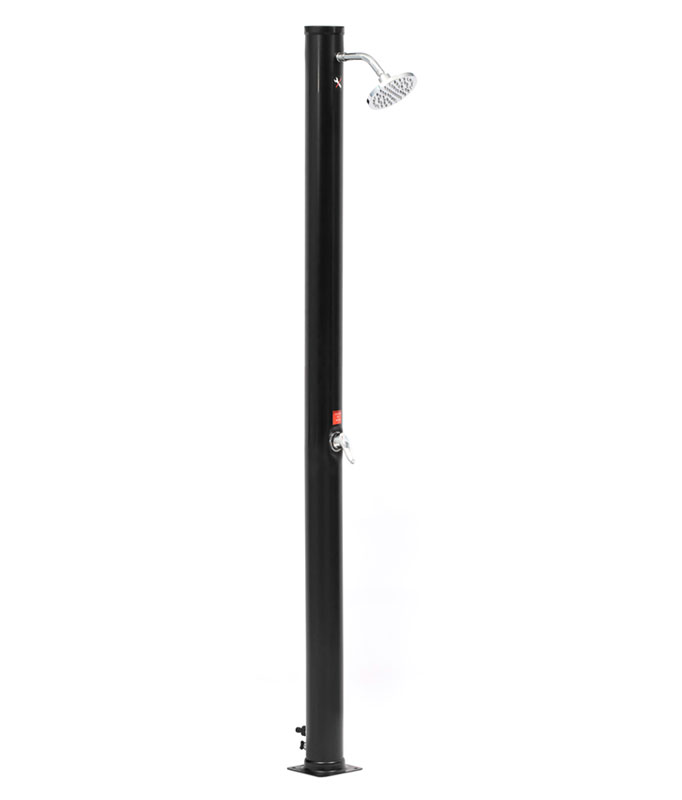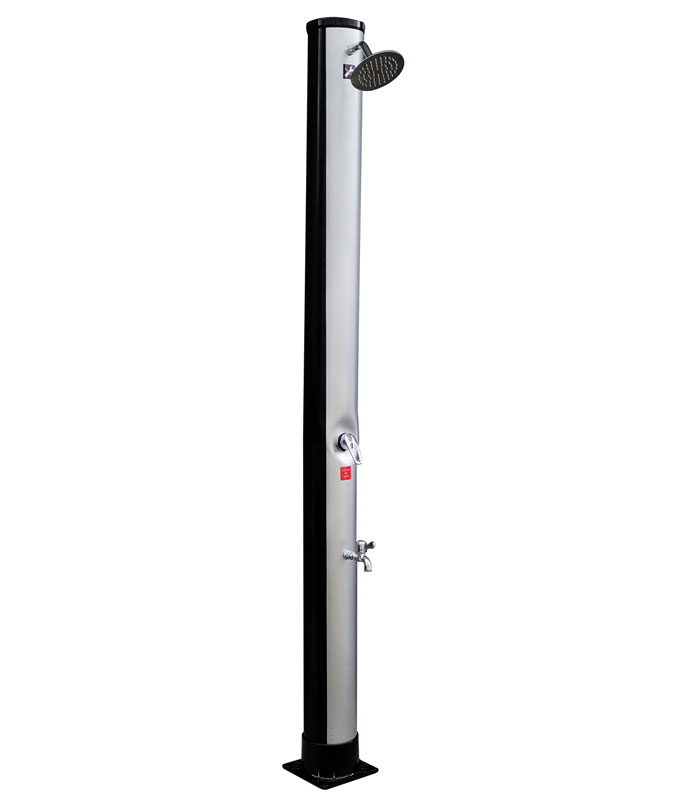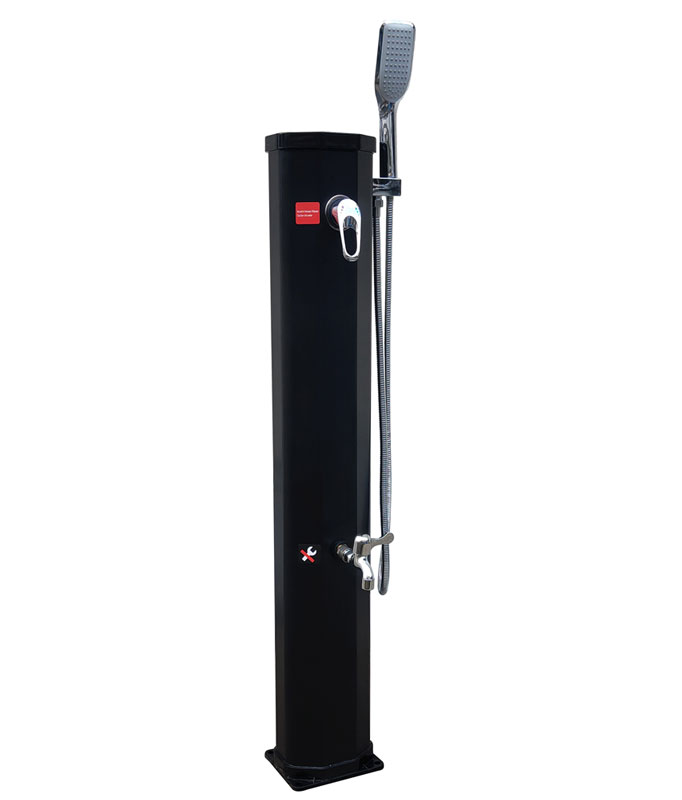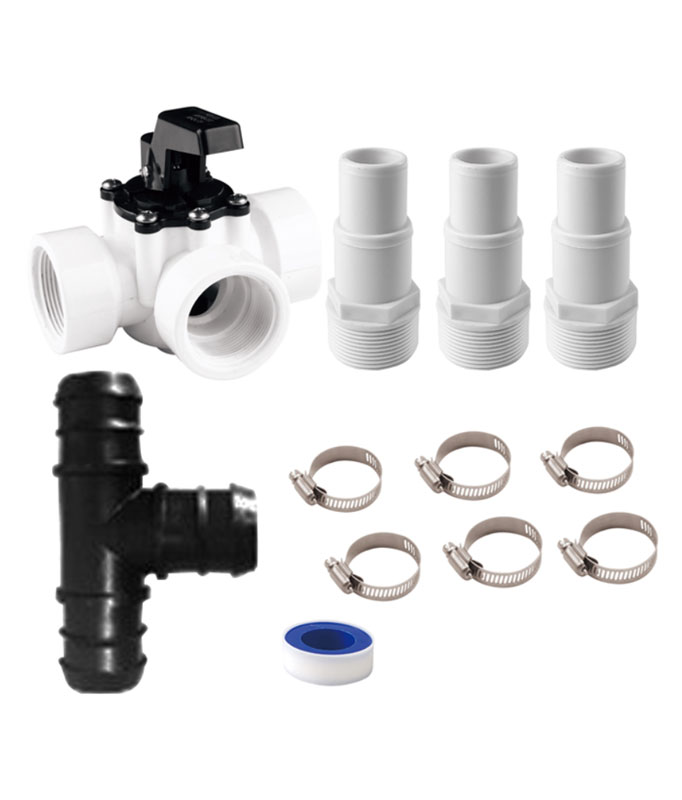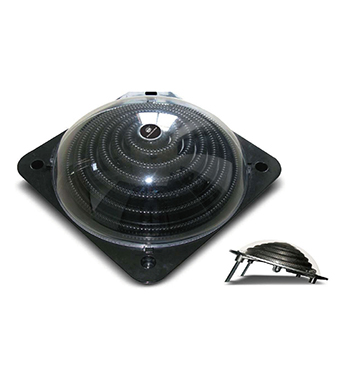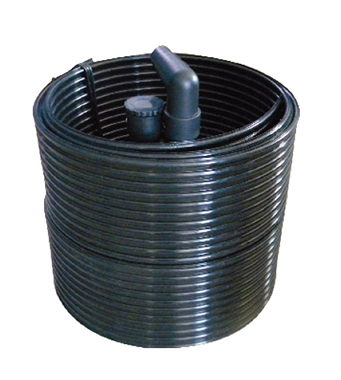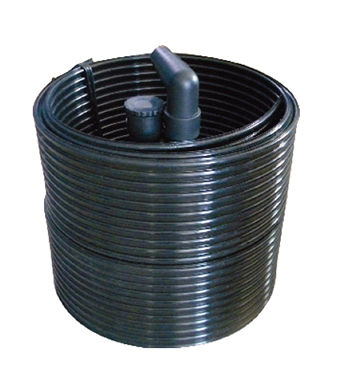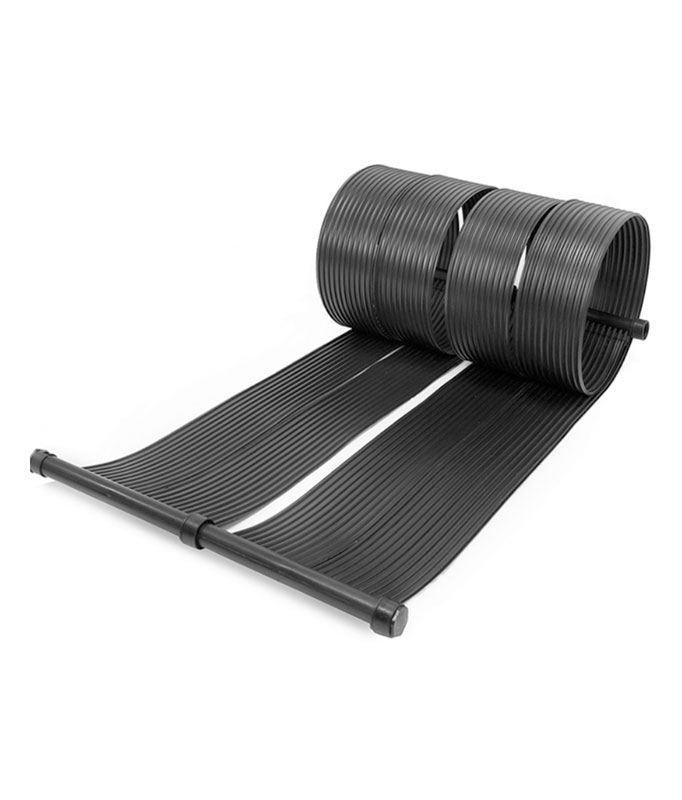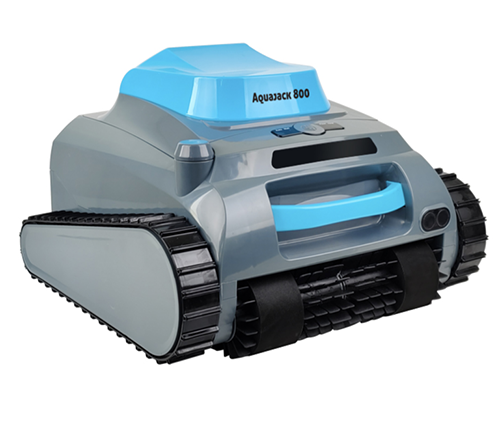
Tired of cloudy water despite "clean" pools? Discover how dual-filtration robotic cleaners eliminate all contaminants – from leaves to micron-sized algae spores – using military-grade filtration science. Learn why two-stage systems outperform single-filter models 3:1 and how they slash chemical use by 45%.
Key Takeaways
Two-Stage Defense – Macro filters trap leaves; micro filters capture particles down to 2 microns
Optical Clarity – Achieve "swimming pool glass" water with <0.5 NTU turbidity
Chemical Reduction – 45% less chlorine needed by removing organics pre-decay
Self-Cleaning Tech – Automatic backflush prevents clogging
Lab-Verified Performance – Removes 99.9% of debris vs. 82% in single-filter systems
Why Single Filtration Fails
The Contaminant Size Spectrum
| Debris Type |
Size |
Single Filter Capture Rate |
|
Leaves/Twigs |
>1000µ |
95% |
|
Sand |
50-200µ |
70% |
|
Pollen |
10-40µ |
35% |
|
Algae Spores |
2-5µ |
5% |
|
Body Oils |
<1µ |
0% |
Consequences of Incomplete Filtration:
- Cloudy water requiring clarifiers
- Biofilm growth on walls/steps
- Increased filter cycles straining pumps
- Weekly manual vacuuming still needed
Pro Test: Fill a glass from your pool – if you can’t clearly see dime details through it, you need dual filtration.
Dual Filtration Engineering Explained
Stage 1: Macro Filtration (The Debris Barrier)
- Vortex Particle Separation – Spins out leaves/pebbles before micro filters
- Self-Cleaning Mesh – 200µm pores resist clogging
- Capacity: Handles 1.5 lbs debris per cycle
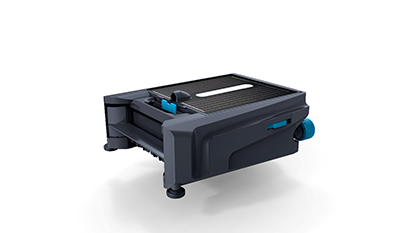
Stage 2: Micro Filtration (The Polishing Agent)
| Technology |
Function |
Capture Size |
|
Pleated Cartridges |
Depth filtration |
10µ |
|
Electrostatic Media |
Charge-based attraction |
5µ |
|
Ceramic Membranes |
Absolute barrier |
2µ |
Real-World Impact:
- 100% pollen removal (vs. 35% in single-stage)
- 95% algae spore capture before bloom
- 60% less backwashing required
Top 3 Dual-Filtration Robotic Cleaners
| Model |
Macro Tech |
Micro Tech |
Unique Advantage |
|
Aquajack600 |
Vortex Cyclone |
NanoCeram™ Membrane |
Self-sanitizing UV-C chamber |
|
Dolphin Premier |
LeafTrap™ Basket |
UltraFine Pleated |
20% larger debris capacity |
|
Polaris Alpha iQ+ |
SwirlSep™ |
ElectroStatic Media |
Auto-cleaning pulse valves |
5 Crystal Clear Benefits
1. Eliminates Cloudiness at the Source
- Captures colloidal particles (0.5-5µ) that cause haze
- Removes 100% of calcium carbonate before scaling
- Turbidity Reduction: <0.5 NTU vs. 1.5+ NTU in single-filter systems
2. Reduces Chemical Dependency
Annual Chemical Savings (20k gal pool):
| Chemical |
Single Filter |
Dual Filter |
Savings |
|
Chlorine |
$420 |
$231 |
45% |
|
Clarifier |
$180 |
$0 |
100% |
|
Algaecide |
$150 |
$45 |
70% |
3. Extends Equipment Life
- Pump Strain Reduction: 80% less runtime needed
- Heater Protection: Prevents scale-clogged elements
- Liner Preservation: Removes abrasive particles
4. Self-Maintaining Operation
- Auto Backflush: Cleans filters every 15 mins
- Clog Alerts: App notifications before flow drops
- Easy-Swap Cartridges: 10-second replacement
5. Allergy & Sensitive Skin Relief
- Removes 99% pollen, dust mites, and organic irritants
- Hospital-Grade Filtration: Comparable to hemodialysis systems
- pH Stabilization: Fewer chemical fluctuations
Maintenance Protocol
Weekly
- Rinse Macro Filter (60-sec hose spray)
- Check Micro Cartridge (replace if >20% discolored)
- Run Sanitize Cycle (UV-C activation)
Monthly
| Task |
Solution |
Duration |
|
Membrane Soak |
Citric acid (10%) |
30 mins |
|
UV Lens Clean |
Isopropyl alcohol |
5 mins |
|
Flow Test |
Measure GPM output |
2 mins |
Seasonal
- Spring: Replace both filter stages
- Summer: Increase backflush frequency
- Winter: Dry storage with desiccant packs
Pro Tip: Use filter efficiency test strips monthly to verify 2-micron performance.
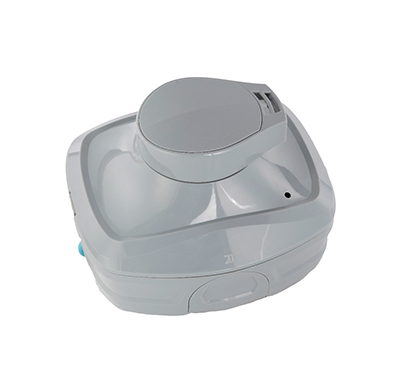
FAQ: Dual Filtration Demystified
Q: How often replace micro filters?
A: Every 3 months under normal use; monthly in pollen season.
Q: Can I retrofit my old cleaner?
A: No – requires specialized dual-chamber housing.
Q: Power consumption increase?
A: Only 8-12W extra – less than a night light.
Q: Safe for saltwater pools?
A: Yes – ceramic membranes resist corrosion best.
Q: Handling diatomaceous earth?
A: Dual systems capture DE 3X better than sand filters.

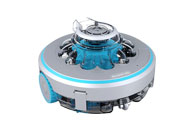 Robotic Pool Cleaner
Robotic Pool Cleaner 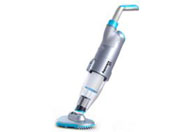 Portable Pool Vacuum Cleaner
Portable Pool Vacuum Cleaner 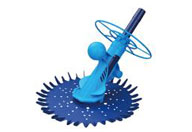 Automatic Pool Cleaner
Automatic Pool Cleaner 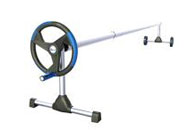 Pool Cover Reel
Pool Cover Reel 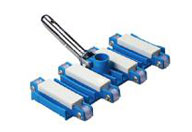 Pool Cleaning Accessories
Pool Cleaning Accessories 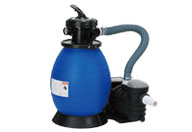 Pool Filter Pump
Pool Filter Pump 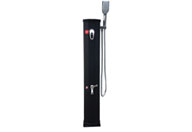 Pool Solar Shower
Pool Solar Shower 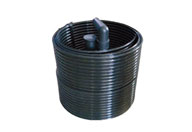 Pool Solar Collector
Pool Solar Collector 